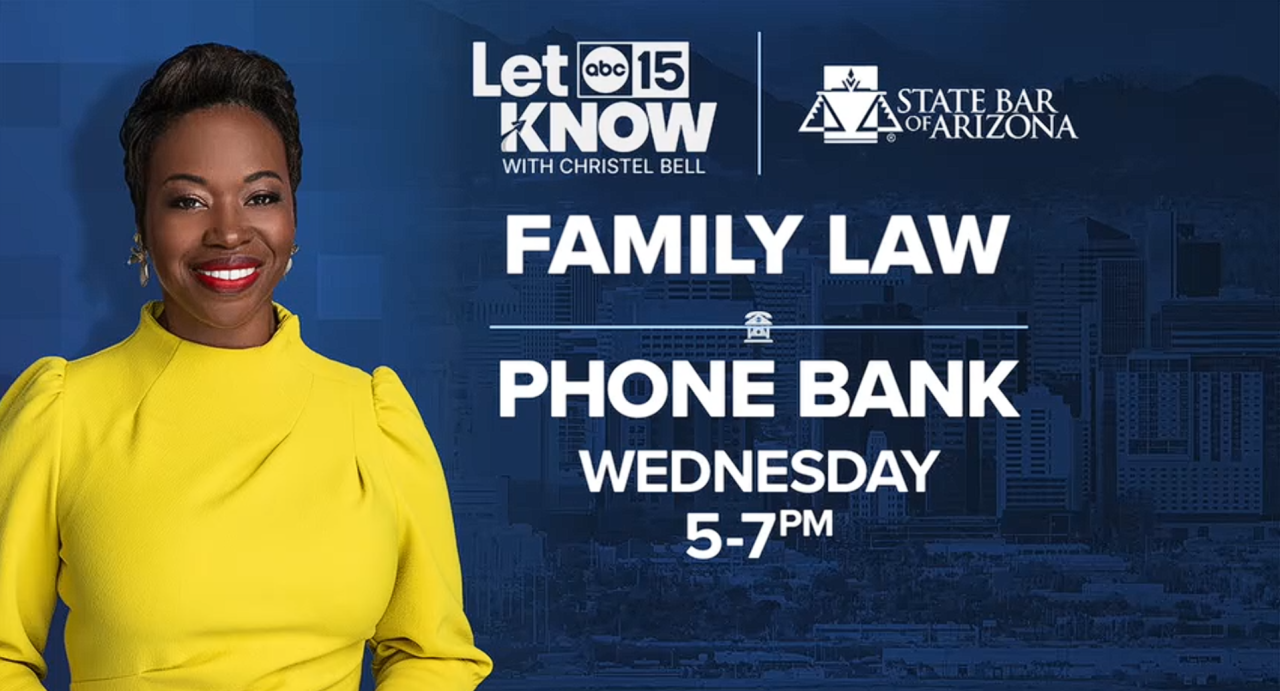Tax season is in full swing, bringing panic and confusion to millions of Americans. If that wasn't bad enough, filers also have to be on the lookout for costly tax-related fraud and scams.
The best way to protect yourself is by arming yourself with information.
Here's a breakdown of some of the most popular tax-related scams:
Phishing emails and texts
These are designed to steal your personal information. Phishing emails and texts often claim to be from the IRS and may mention a bill or refund you didn't expect. The wording may be aggressive or urgent saying you need to act quickly giving you a scam number or malicious link to click. These are fraudulent attempts to steal your personal or banking information. The IRS doesn't initiate contact with taxpayers by email, text messages, or social media channels to request personal or financial information.
IRS impostors
Criminals may impersonate tax agents. If a caller threatens you with police arrest, deportation, or immediate criminal action - hang up! These people are not from the IRS. Callers may use fake names, and IRS badge numbers, and even alter their caller ID to make it seem like they are legitimate. Victims are told they owe money to the IRS and must pay immediately through a gift card, cryptocurrency, or wire transfer. Don't give out your information. Report the incident to the police and government.
'Offer in compromise' scams
An Offer in Compromise is when a taxpayer works with the IRS to settle a tax debt for less than the full amount owed. It's a legitimate program with the IRS as an option for those unable to pay the full tax liability or face financial hardship if forced to do so. However, some scammers are trying t
o take advantage of the program. A scammer may contact a filer saying they need to pay to apply to the program or make promises they can settle a person's tax debt for them if they pay a fee. In reality, there is no application fee for the program. Not every taxpayer will qualify for the program, but it is free to find out if you do. Taxpayers can check their eligibility by using the IRS's Offer in Compromise Pre-Qualifier tool.
False tax return filed in your name
What if you go to file and learn someone has filed a false return in your name? It doesn't mean all hope is lost. If this does happen, immediately report it to the government. The Federal Trade Commission offers a one-stop shop to help victims of identity theft, including filling out the appropriate paperwork with the IRS and offering resources on other types of identity theft.
You can learn more about tax-related scams on the IRS website.
If you've been targeted or a victim of a tax-related scam - report it! Report all unsolicited emails or texts claiming to be from the IRS or an IRS-related function to phishing@irs.gov. If you've lost money because of an IRS-related incident, please report it to the Treasury Inspector General Administration (TIGTA) and the Federal Trade Commission.








